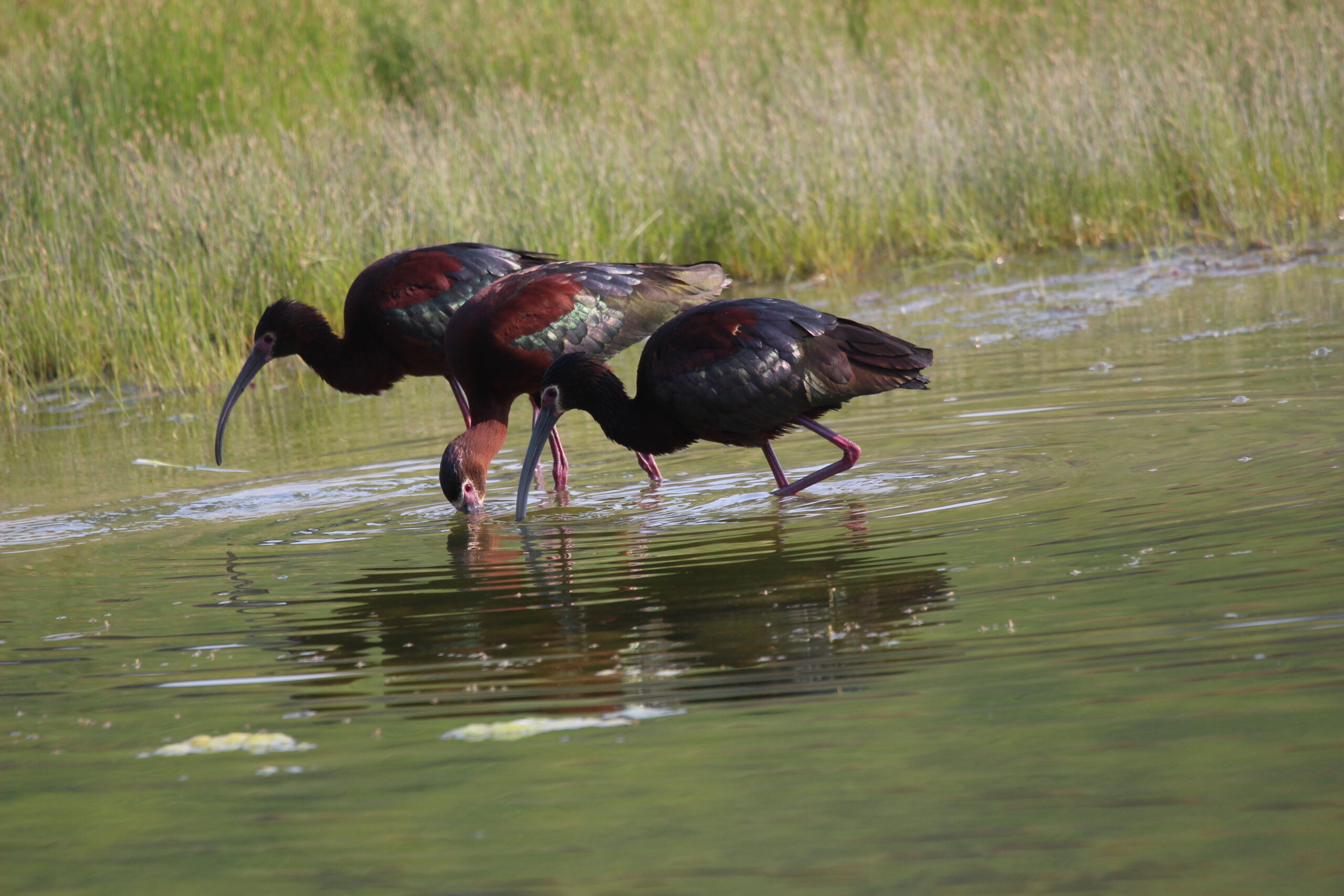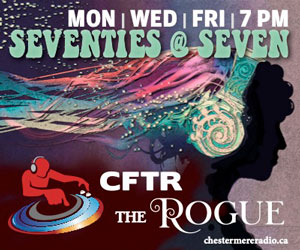When we talk about dogs we are invariably talking about domesticated dogs. But what about wild dogs? Are they the same as our dogs at home, just with a different view of the world?
The definition of a “wild dog” as given by the Merriam-Webster dictionary is “any of various undomesticated canids (such as an African wild dog or a dingo) that resemble the domestic dog.” So a wild dog can resemble a domesticated dog up to a point but there are in fact some noticeable differences. The African Wild Dog, for example, only has four toes per paw compared to five for a domesticated dog and also has big, round ears which makes its hearing particularly adept at detecting predators in the wild.
Sleeping is a big thing for both wild and domesticated dogs but, because of the amount of energy a wild dog uses to hunt its prey, it is generally recognized that wild dogs actually sleep more than domesticated dogs, who have no need to hunt for their own food.
So what about communication? While humans might be sure they can tell what their pup is trying to convey with a particular bark or whine or whimper, wild dogs actually have a much wider range of vocalization. They have very specific greeting sounds and even a special “hoo” sound they let out when one gets lost from the group.
How about intelligence? In January 2019, Kayleigh Roberts wrote in www.Cuteness. com “We all think our dogs are the smartest boys and girls in the land, but even though they can do jobs for us and learn tons of tricks, they’re still not the Einsteins of their family tree. Dingos and wolves are both smarter than domestic dogs, according to a study in which the different species were put through the “detour test.” In the test, the dogs, wolves, and dingos are shown a treat through a clear or mess fence and then have to find a door to the other side and double back to get the food. Wild dogs and wolves do better on the test, getting to the food faster than their domesticated kin.” I guess this would be described as having more “street smarts” than your average domesticated dog.
However, there are areas where both wild and domesticated dogs act in a similar fashion:
- Both mark their territory: these scent posts serve notice to other dogs that an animal is occupying its territory.
- Both love to bury things they want to save for later. Even though a domesticated dog does not have to worry where its next meal is coming from, that doesn’t mean his instincts for hoarding things of value have gone away.
- They both have the same ancestor: the wolf
- They are both very social. Whether it’s an all dog pack in the case of a wild dog or part of a human family pack in the case of a domesticated dog, dogs need the sense of belonging to a pack for their emotional well-being.
So even though most people in the developed world may not come across a wild dog outside of a zoo, unless you go on, say, safari, as you can see there are some subtle or not so subtle differences to bear in mind between the wild dog and Canis Familiaris, which should not be overlooked.






